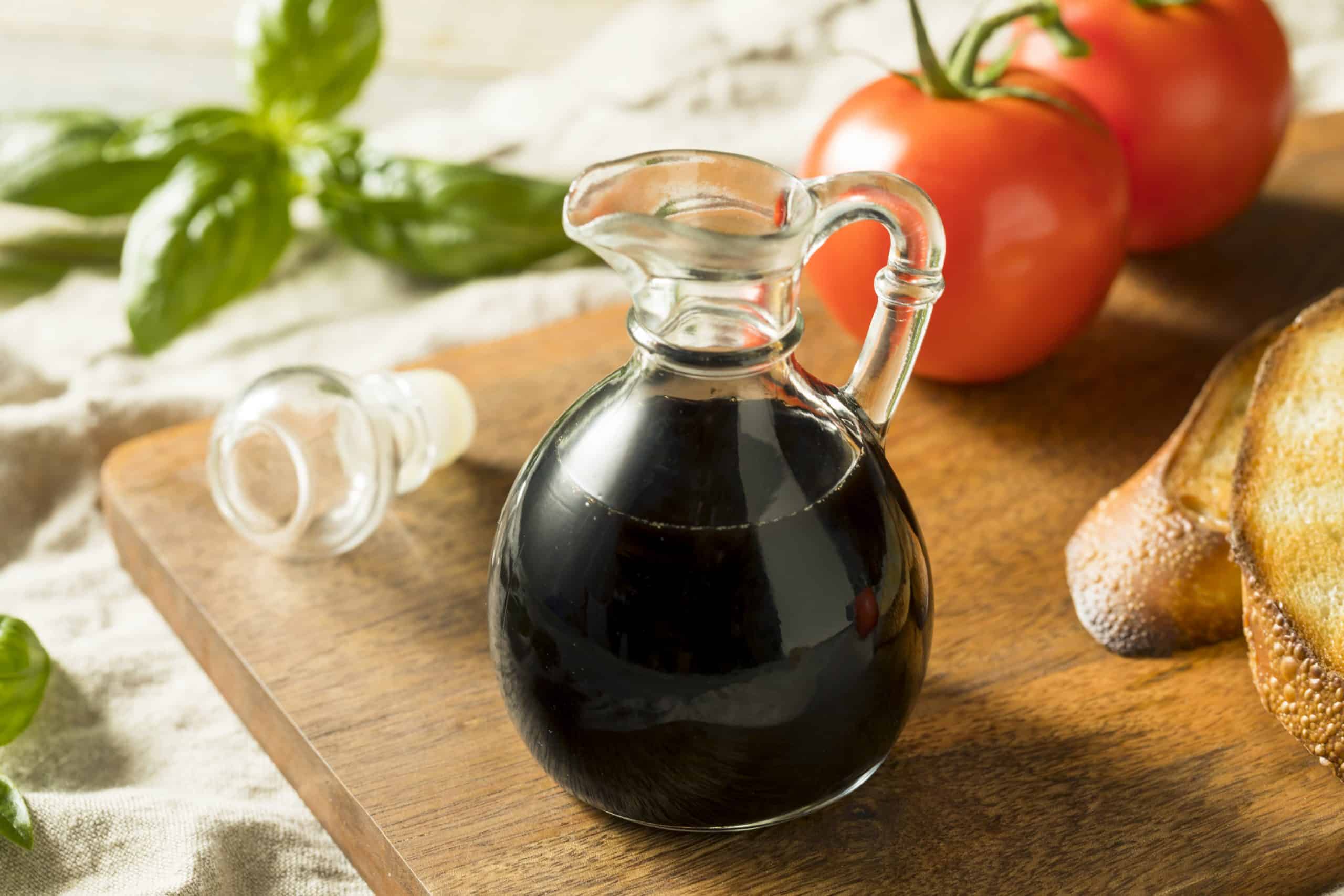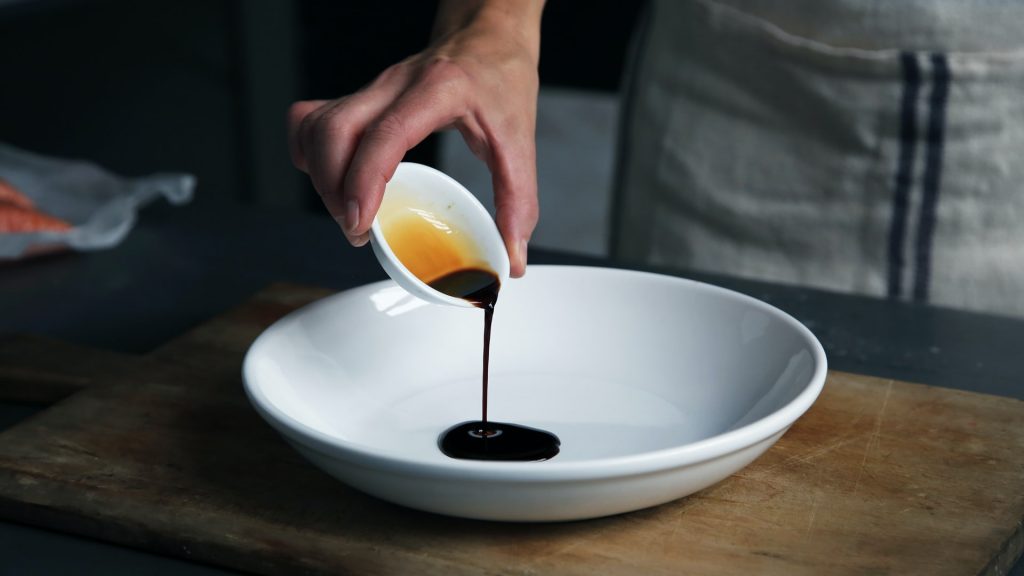
Balsamic vinegar is one of the most popular additions to salads, bruschetta, marinades, meats and other dishes. Studies show that it has some of the most unexpected health benefits
Balsamic vinegar is very dark, concentrated and intensely flavorful. It is made in Italy from grape must and then ground together with the skins, juice, seeds and stems of the berries. This versatile product is a chef’s best friend. What are its properties and uses? Read on to find out.
Balsamic vinegar is a condiment used as a marinade and sauce. The history of this product is hundreds of years old. As early as 1046, Bavarian Prince Henry II the Quarrelsome was given a small barrel of balsamic vinegar. This started the popularity of this additive among the noble families of Italy and Europe. Wealthy families made balsamic vinegar according to their own special recipes, the nuances of the manufactory were kept secret and passed on to future generations
Initially, the unique properties of balsamic vinegar were used exclusively for medical purposes: they relieved severe inflammation and were used in antimicrobial therapy. Its culinary properties were discovered much later. Inhabitants of the Italian provinces added a few drops to various dishes, believing that it prolonged their youth and ensured longevity. According to an old legend, Casanova himself used vinegar as an aphrodisiac.
Real balsamic vinegar is produced in the Italian provinces of Modena and Reggio Emilia. It is often confused with wine vinegar, but the production technology of balsamic vinegar is quite different. According to the traditional recipe, it is made from the juice of special sweet white grape varieties and matured in barrels for 3 to 25 years. The most expensive balsamic vinegar is, of course, the oldest. Expensive vinegar must be matured for at least 12 years. The product is very dark, has a sweet fruity aroma and a thick consistency.
But apart from the expensive varieties, there is also a mass-produced version of balsamic vinegar. The entire manufacturing process is much faster, but such vinegar cannot stand for long. The result is a product similar in taste to traditional balsamic vinegar.
There is also a variation of this product, which is a mixture of traditional and industrial balsamic vinegar. It has a richer and deeper flavor, but is more accessible to consumers.
Modern Italians, like their ancestors, greatly appreciate this culinary addition, and special varieties that take several centuries to mature are inherited as a precious bride’s dowry. Many recipes for Italian dishes include balsamic vinegar.

Balsamic vinegar is known for its low calorie content, valuable trace elements, and ability to suppress pathogenic microflora in the body. The potassium, phosphorus, calcium, magnesium, sodium, iron, and manganese it contains benefit blood vessels and bone tissue. B vitamins stabilize the nervous system and brain activity, and polyphenols are some of the best antioxidants that also improve heart function.
Balsamic vinegar contains antibacterial ingredients, acetic acid and antioxidants. These substances help improve overall health. Several types of vinegar can help get rid of acne. However, you should not apply balsamic vinegar on your face because it can leave marks in the form of spots and discoloration.
When consumed with food, balsamic vinegar helps control blood sugar levels. One study evaluating the clinical effects of different types of vinegar showed a hypoglycemic (sugar-lowering) effect of balsamic vinegar. This means that after consuming it, glucose levels do not rise as sharply after a meal
Acetic acid is the active ingredient in balsamic vinegar. This acid contains probiotics that have a beneficial effect on digestion.
Balsamic vinegar can lower cholesterol levels due to the action of antioxidants present in it. They neutralize harmful cells that increase cholesterol levels.
The probiotics (beneficial live bacteria) in balsamic vinegar can also prolong the feeling of satiety. Some studies suggest that people who consume vinegar for breakfast eat less during the day.
For many years, balsamic vinegar has been used to treat wounds. This product is believed to have antifungal, antiviral, and antibacterial properties. However, this has not been well researched.
In most cases, balsamic vinegar is safe to consume. However, it should be added that in some cases, its use may come with risks. This mainly concerns allergic reactions, as well as consuming too much of this product, as a result of which you may experience:
To prevent such reactions, the use of balsamic vinegar should be limited to 2 tablespoons per day.
Photo by Brent Hofacker/Adobe Stock